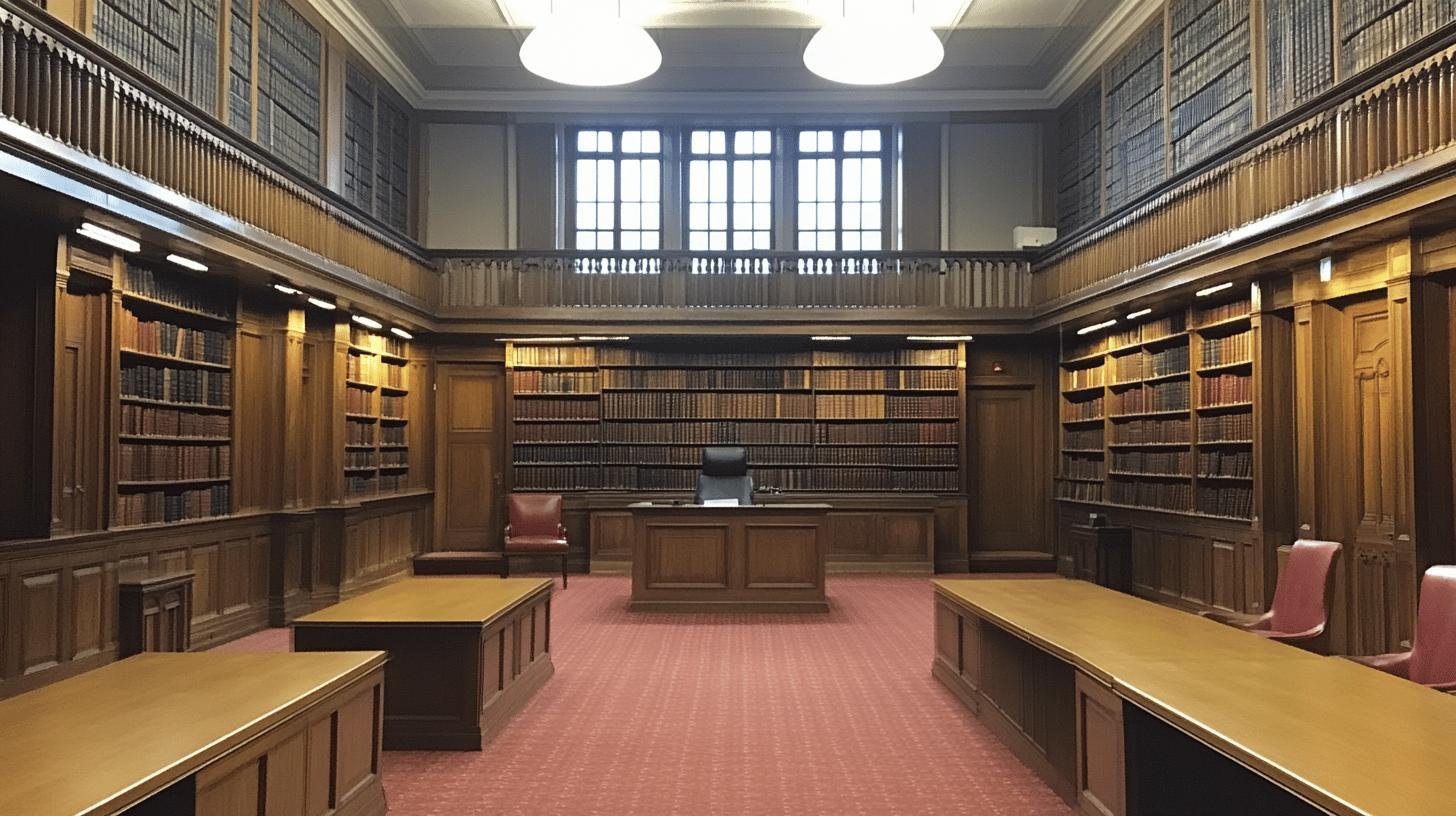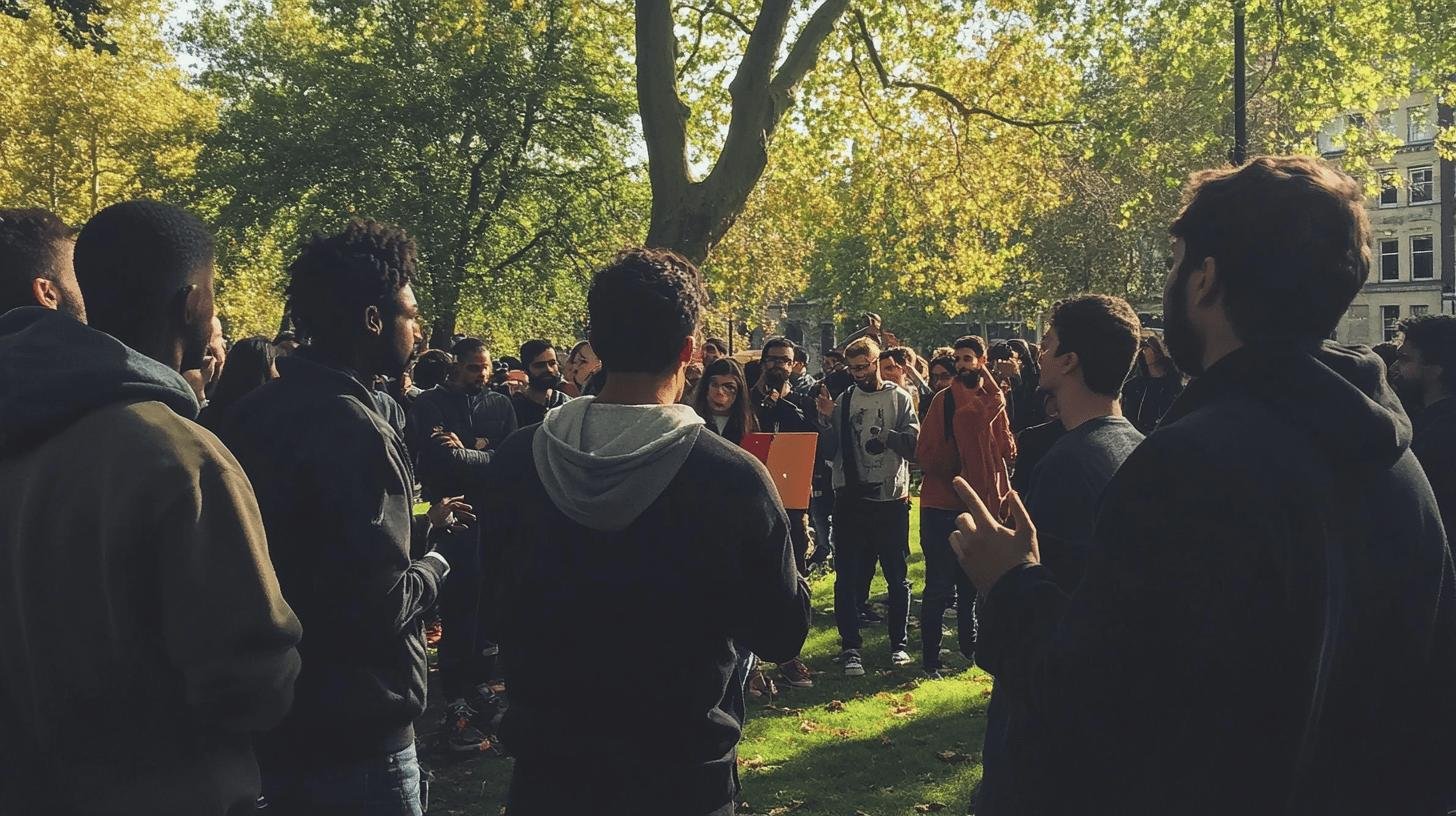TL;DR:
- Is freedom of speech in the Bill of Rights? Yes – it’s protected by the First Amendment, added in 1791.
- Freedom of speech is in the First Amendment, preventing Congress from restricting expression.
- Freedoms included: religion, speech, press, assembly, and petition.
- The First Amendment is crucial for democracy, encouraging political discourse and civic engagement.
- Key figures: James Madison and influence from Thomas Jefferson.
- Landmark cases shaping free speech: Tinker v. Des Moines, Brandenburg v. Ohio.
- Social media challenges free speech by spreading ideas and misinformation.
- Ongoing debates exist on censorship and platform accountability, balancing safety and freedom.
Is freedom of speech in the Bill of Rights? This fundamental question shapes how Americans understand their basic rights. The Bill of Rights, which includes the first ten changes to the Constitution, protects people from the government having too much power. The First Amendment specifically guards our right to speak freely – but what does this mean for Americans today? Let’s explore how free speech became protected, why it matters, and the challenges it faces in our modern world.
Is Freedom of Speech in the Bill of Rights? Contextualization
The Bill of Rights includes the first ten amendments to the U.S. Constitution, crucial for protecting individual freedoms. Crafted by James Madison and ratified on December 15, 1791, it safeguards citizens from too much government control. One key purpose is to preserve fundamental rights, like freedom of speech, from legislative limitations.
Is freedom of speech in the Bill of Rights? Yes, it is explicitly in the First Amendment. It states that Congress can’t make laws restricting the freedom of speech or the press. This emphasizes its importance in a democracy, allowing people to speak, publish, and gather without government censorship.
The Bill of Rights’ creation stemmed from debates between Federalists and Anti-Federalists. Initially, the Constitution didn’t protect individual rights explicitly. The Bill of Rights was introduced to address this, drawing on earlier documents like the Virginia Declaration of Rights. It aimed to ease fears of centralized power and secure state ratification.
- Freedom of religion
- Freedom of speech
- Freedom of the press
- Right to peaceably assemble
- Right to petition the government
The Significance of the First Amendment

Why is the First Amendment crucial in American democracy? It ensures key freedoms vital for a democratic society. By limiting government power, it protects individual rights, allowing Americans to express themselves and petition the government. These protections are essential for democracy, fostering open dialogue and challenging government actions.
How does freedom of speech support political discourse? It allows citizens to discuss, debate, and critique policies without fear. This open environment fosters civic engagement, encouraging participation in political processes and community affairs. The First Amendment protects speech, ensuring diverse viewpoints flourish and informing public decision-making.
What historical periods highlight the First Amendment’s importance? During political tension and social change, the First Amendment has been key. In the Civil Rights Movement, free speech and assembly were crucial for equality and justice. Similarly, during the Vietnam War, protest and dissent influenced public policy and change.
Recent issues, like social media regulation and free speech on campuses, show the First Amendment’s ongoing relevance. As digital platforms become main expression arenas, free speech boundaries evolve, reflecting its impact on society.
Court Interpretations of Freedom of Speech
How does the Supreme Court interpret the First Amendment? The Court is vital in interpreting it, applying it through judicial review. By evaluating free speech cases, it sets precedents outlining what’s protected. These interpretations define free speech boundaries, ensuring the right is protected yet limited when necessary.
What landmark cases have defined free speech limits? Cases like Tinker v. Des Moines and Brandenburg v. Ohio are pivotal. Tinker upheld students’ expression rights if it doesn’t disrupt school. Brandenburg allowed speech advocating illegal action if it doesn’t incite immediate lawlessness.
How do these interpretations balance rights and societal concerns? The Court balances individual rights with societal concerns. It protects symbolic speech but sets limits to prevent harm, like restricting speech inciting violence. These decisions highlight safeguarding free speech while considering societal impact.
Why is free speech evolving? It evolves with technological advances and societal norms. Digital platforms create new free speech contexts, requiring the Court to adapt interpretations. Social media and online harassment show the need for ongoing judicial review to uphold constitutional principles.

Modern Challenges and Implications of Free Speech
How does social media impact free speech? It expands speech reach, giving a platform for voices worldwide. It amplifies expression but blurs personal and public discourse lines. This landscape spreads ideas but also misinformation, challenging speech and responsibility notions.
What are the current debates on censorship and regulation? Censorship debates focus on content permissibility decision-makers. Platforms like Facebook and Twitter remove misleading or harmful content, wielding significant power. Critics argue it infringes free speech, while supporters stress community safety needs. This tension reflects the struggle to balance expression with safety.
What are the implications of limiting speech? Limits can protect public safety but risk infringing rights. Restrictions might prevent harm, like violence from hate speech, but stifle dissent and debate. The challenge is crafting rules protecting society without undermining Constitution-based free expression principles.
Final Words
Is freedom of speech in the Bill of Rights? History provides a clear answer – it’s a fundamental protection guaranteed by the First Amendment. From its creation in 1791 to today, this protection has allowed Americans to speak their minds, share ideas, and challenge authority without fear. While the digital age brings new questions about how to balance free expression with responsibility, especially on social media, the basic principle remains unchanged: protecting free speech is essential for maintaining a strong democracy where everyone’s voice can be heard.
FAQ
Is freedom of speech in the Bill of Rights?
Yes, freedom of speech is explicitly protected in the Bill of Rights through the First Amendment, which prevents Congress from making laws that limit free expression.
When did the Bill of Rights become law?
The Bill of Rights was ratified on December 15, 1791, when Virginia became the tenth state to approve it.
What kinds of speech are protected?
The First Amendment protects most forms of expression, including spoken words, written text, and peaceful protests, though some limitations exist for dangerous speech.
Who wrote the First Amendment?
James Madison drafted the First Amendment along with the rest of the Bill of Rights, with significant input from Thomas Jefferson.
How does the First Amendment protect speech today?
The First Amendment continues to protect Americans’ right to express opinions, particularly about government and politics, while courts help define its limits in modern contexts like social media.

